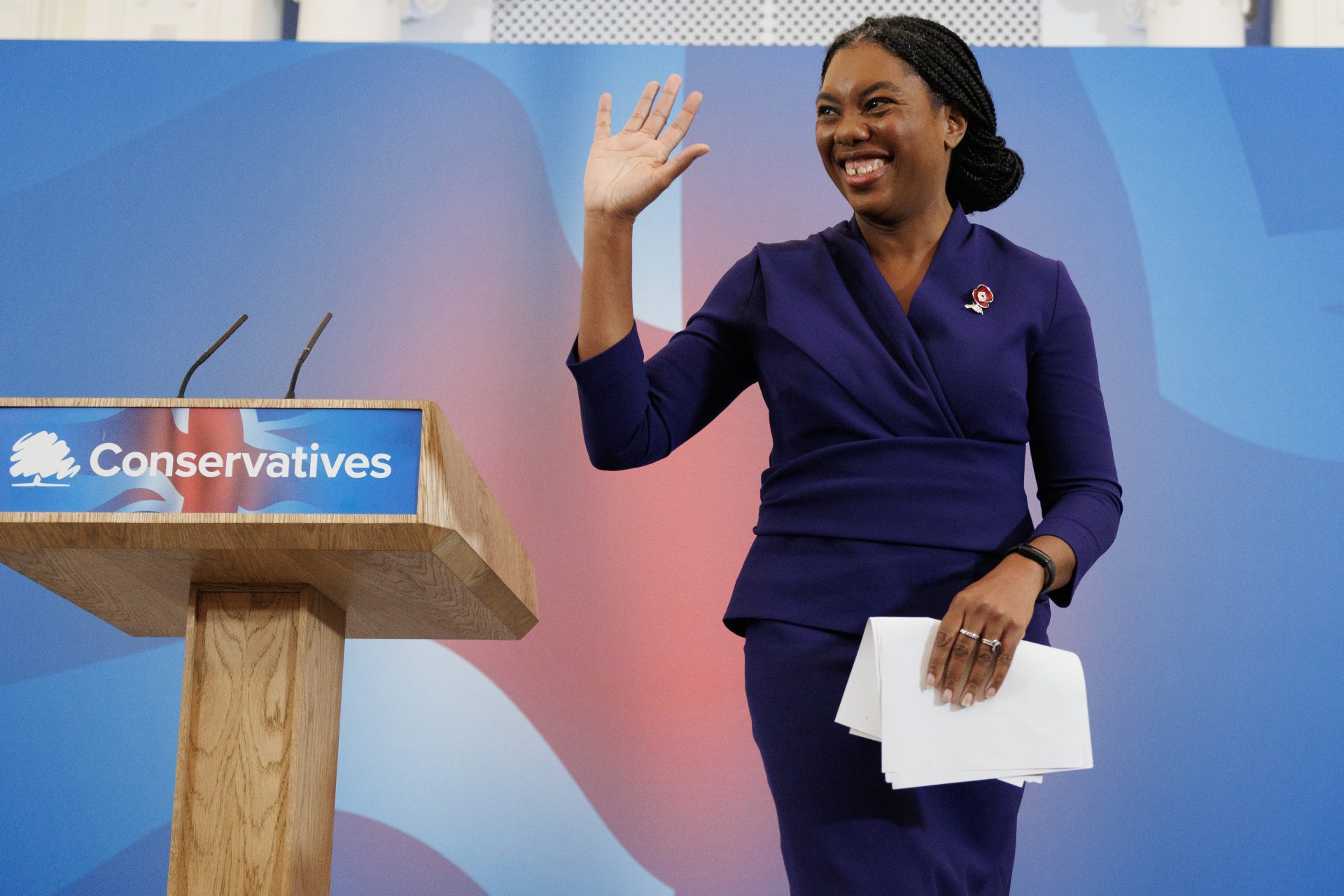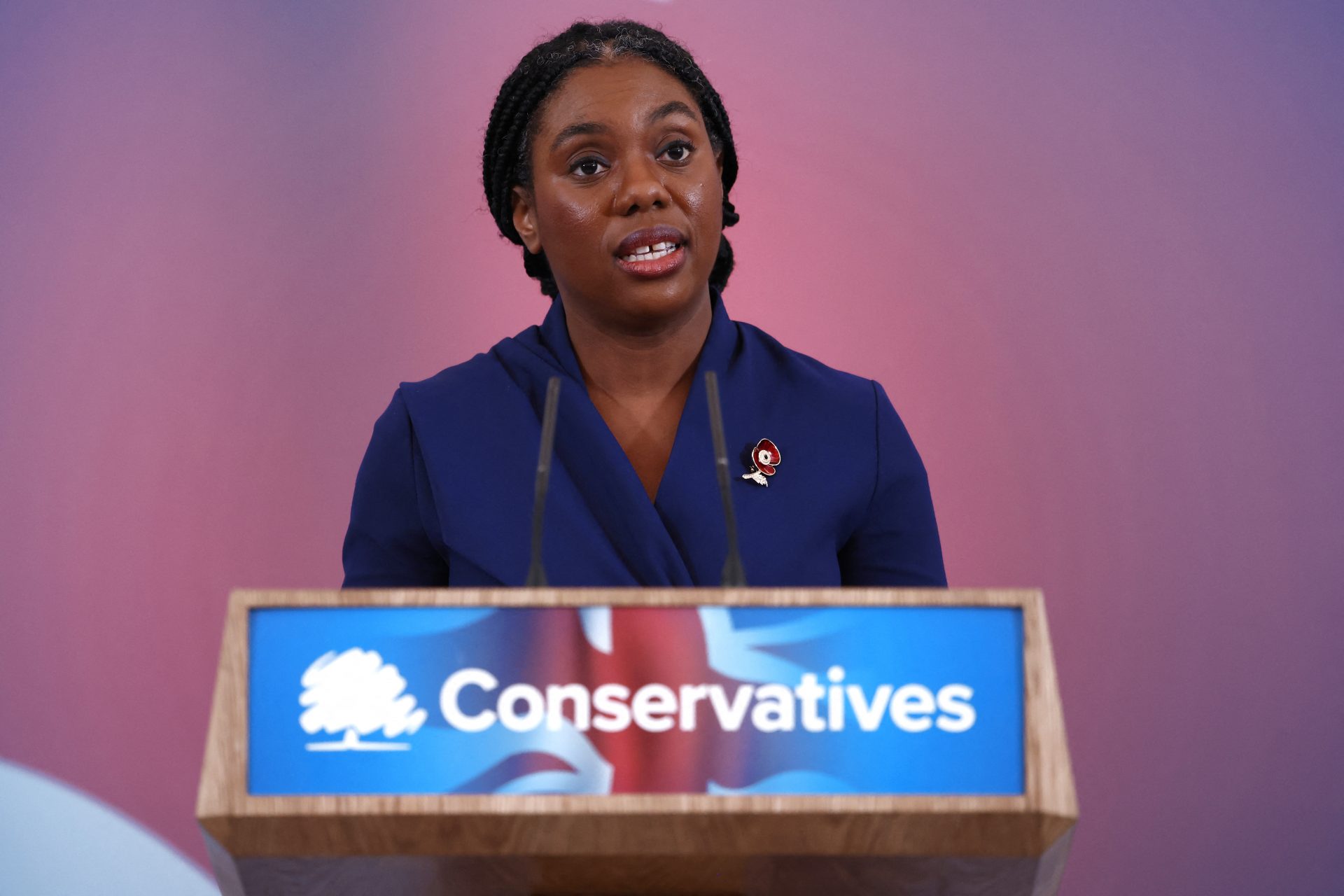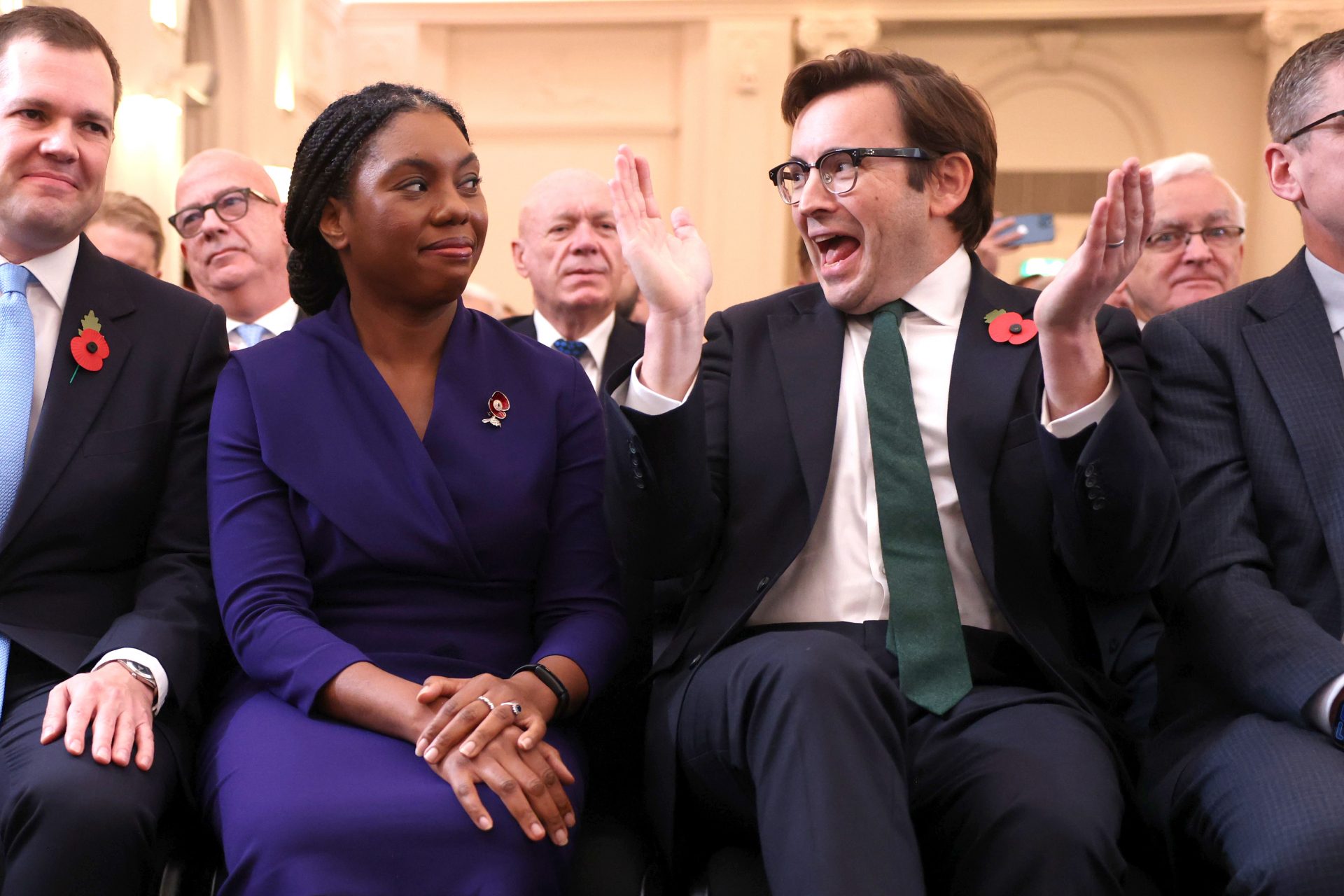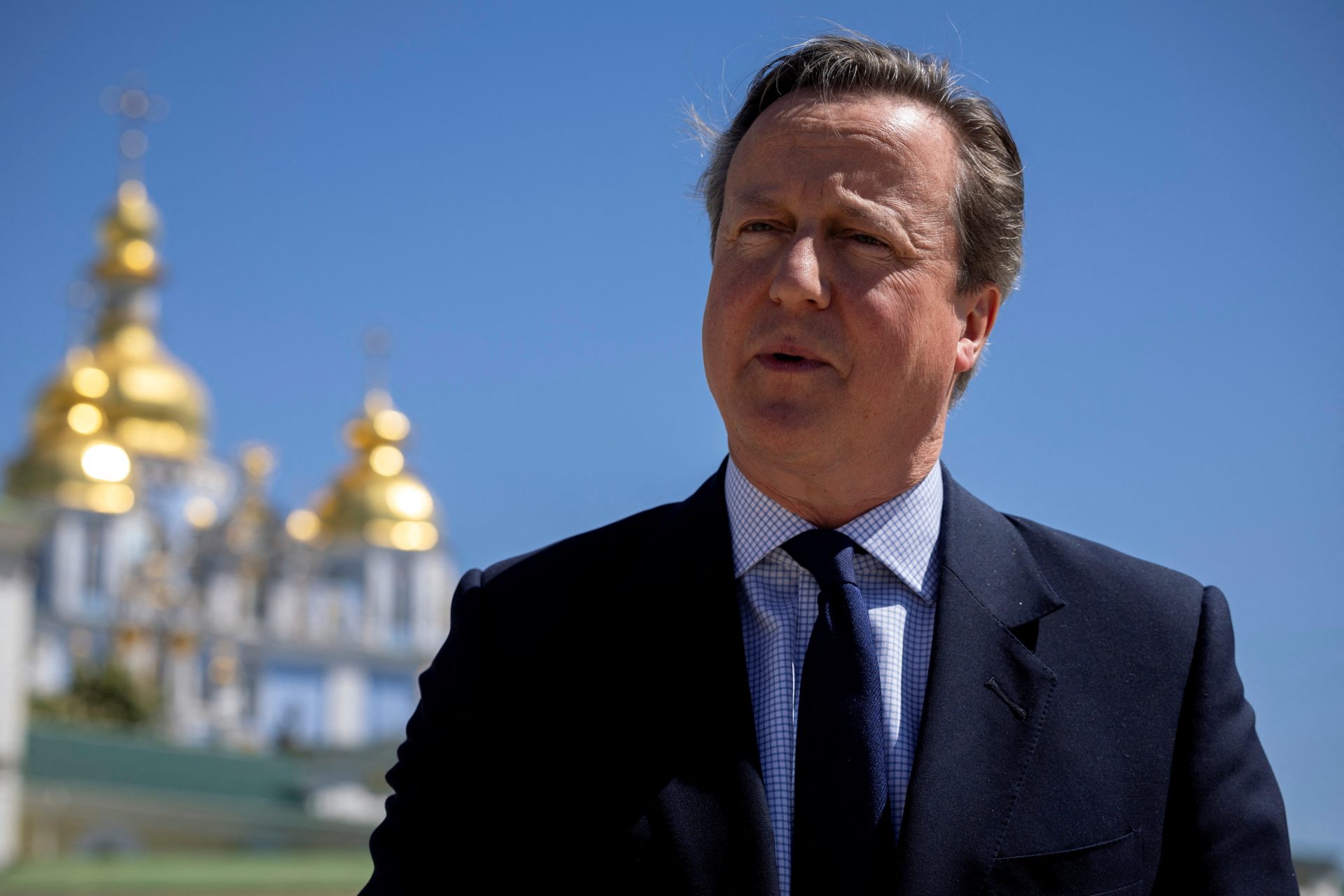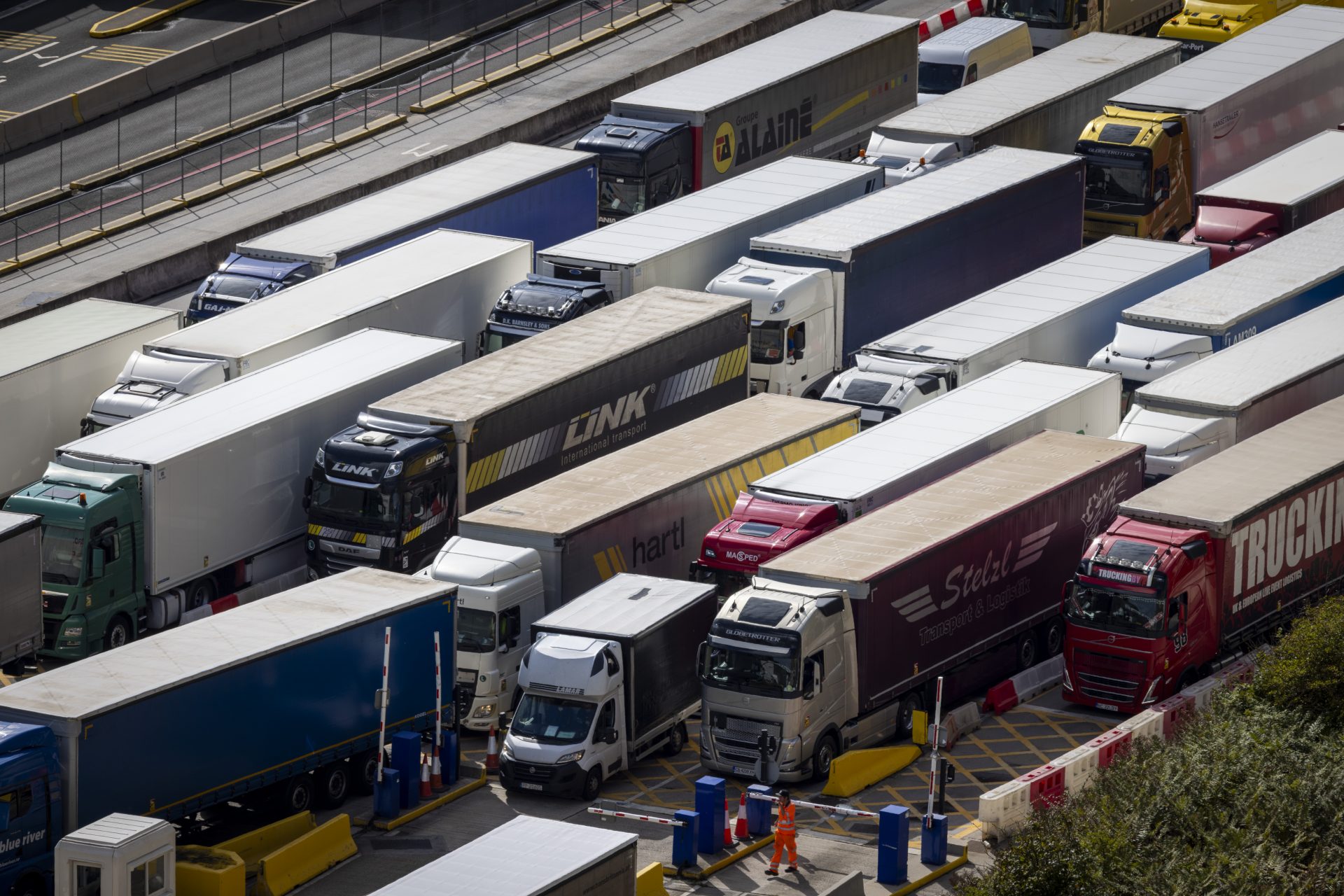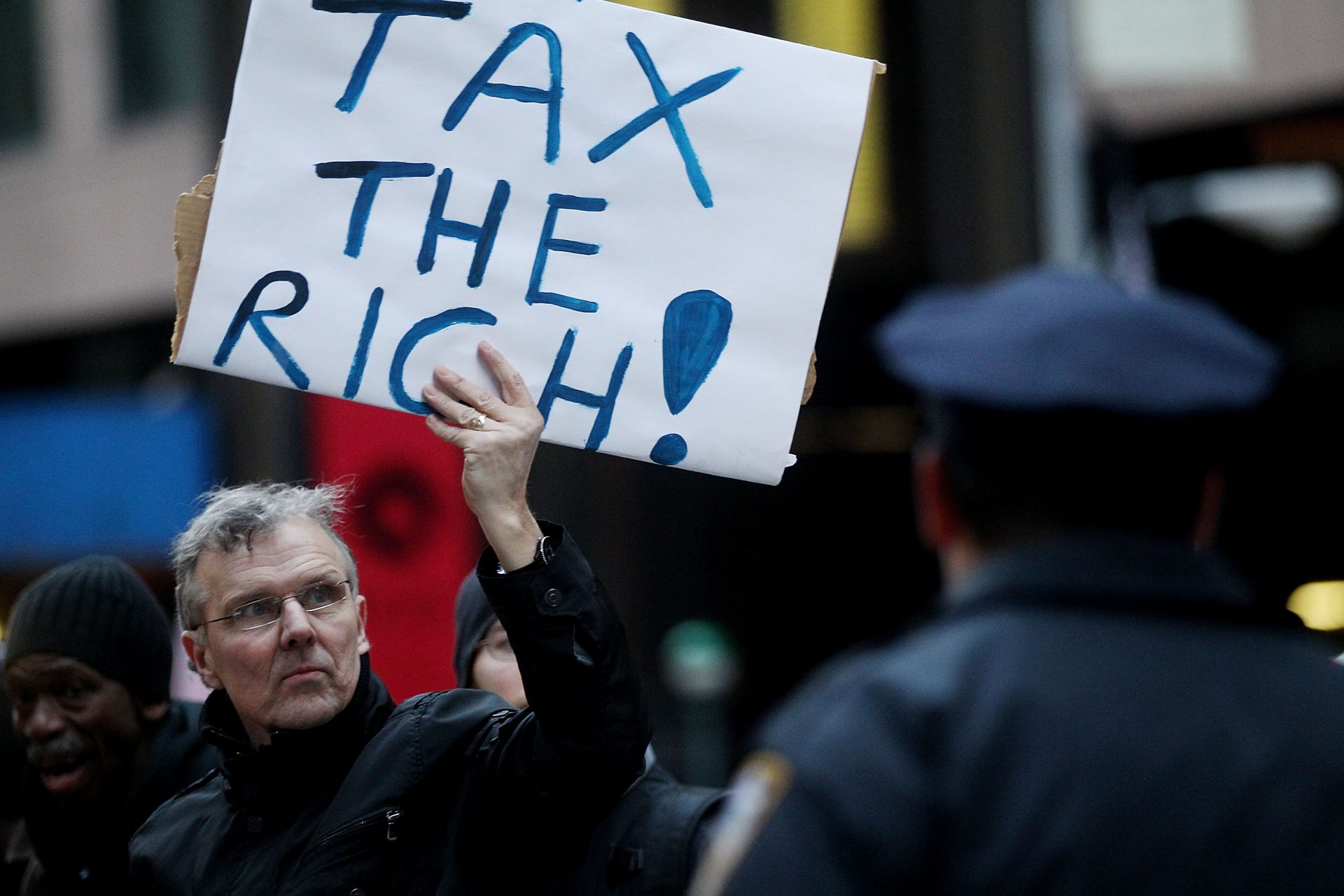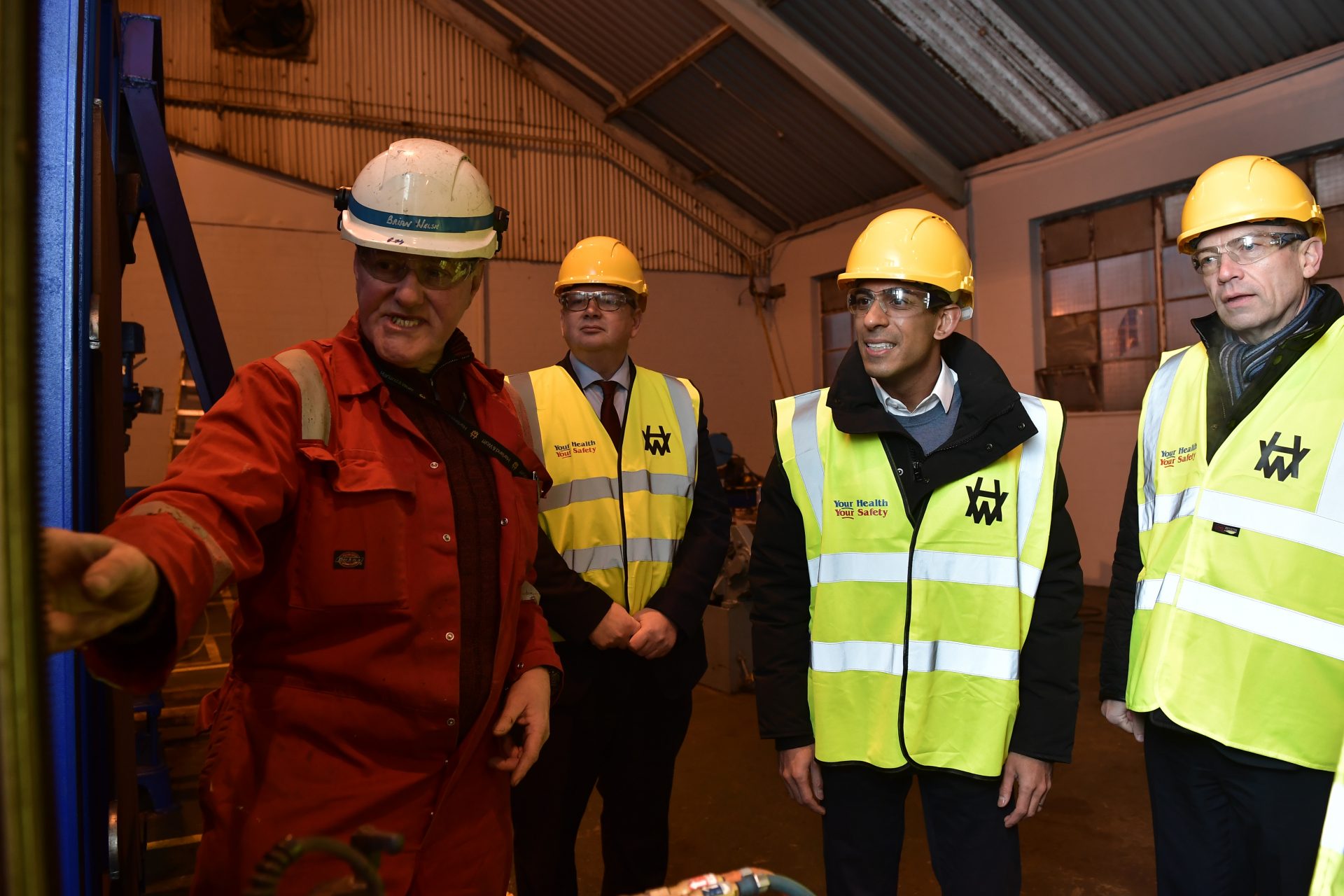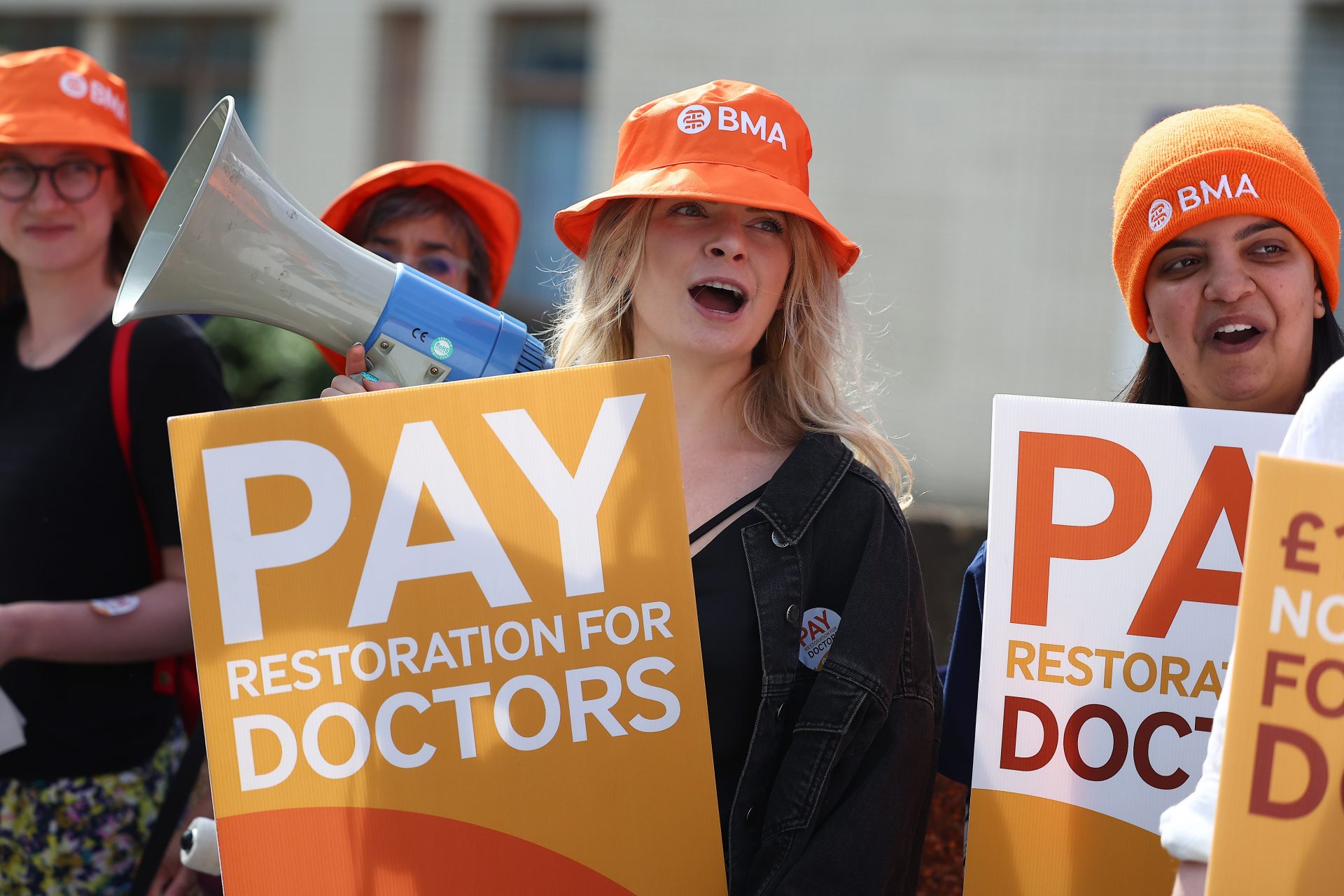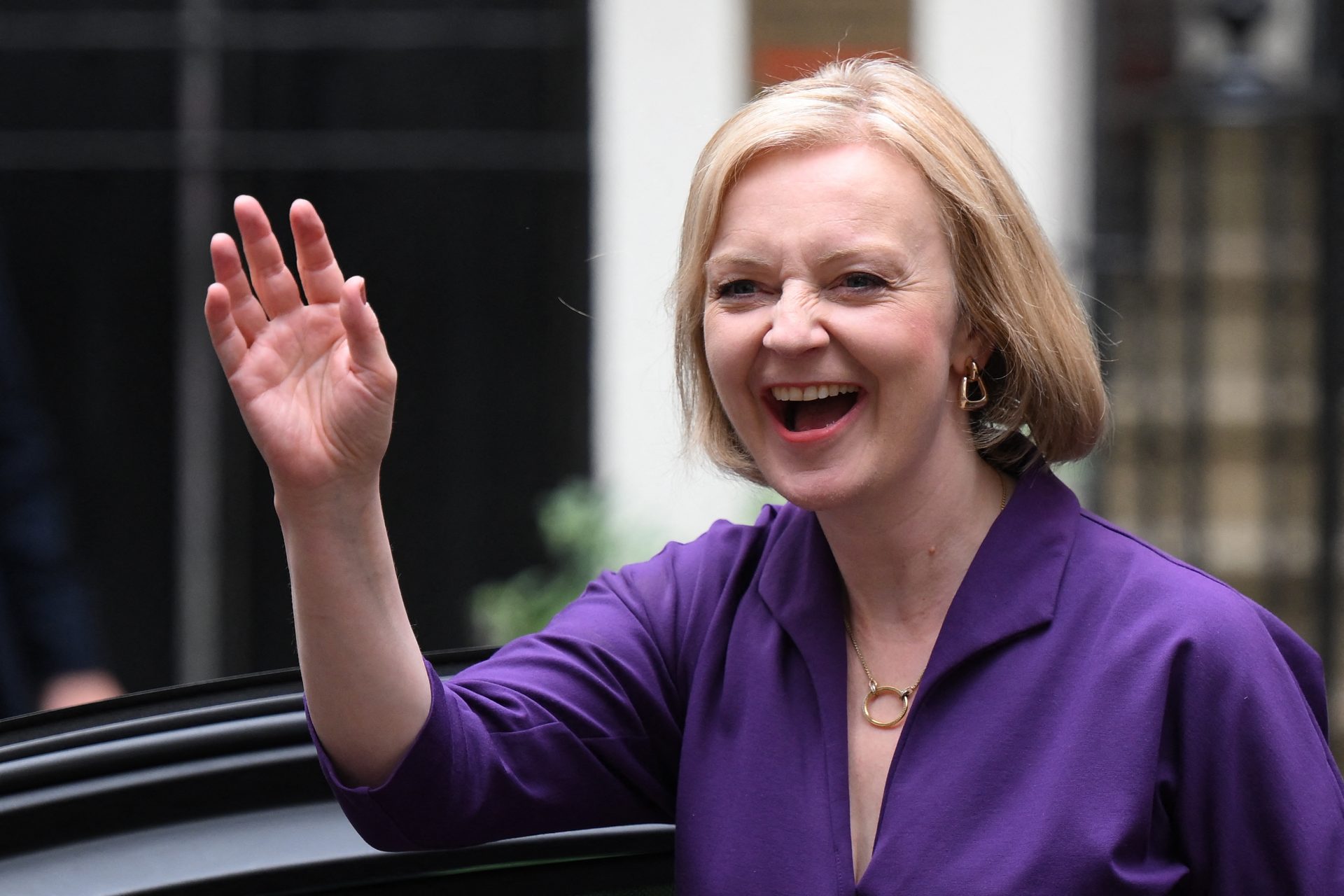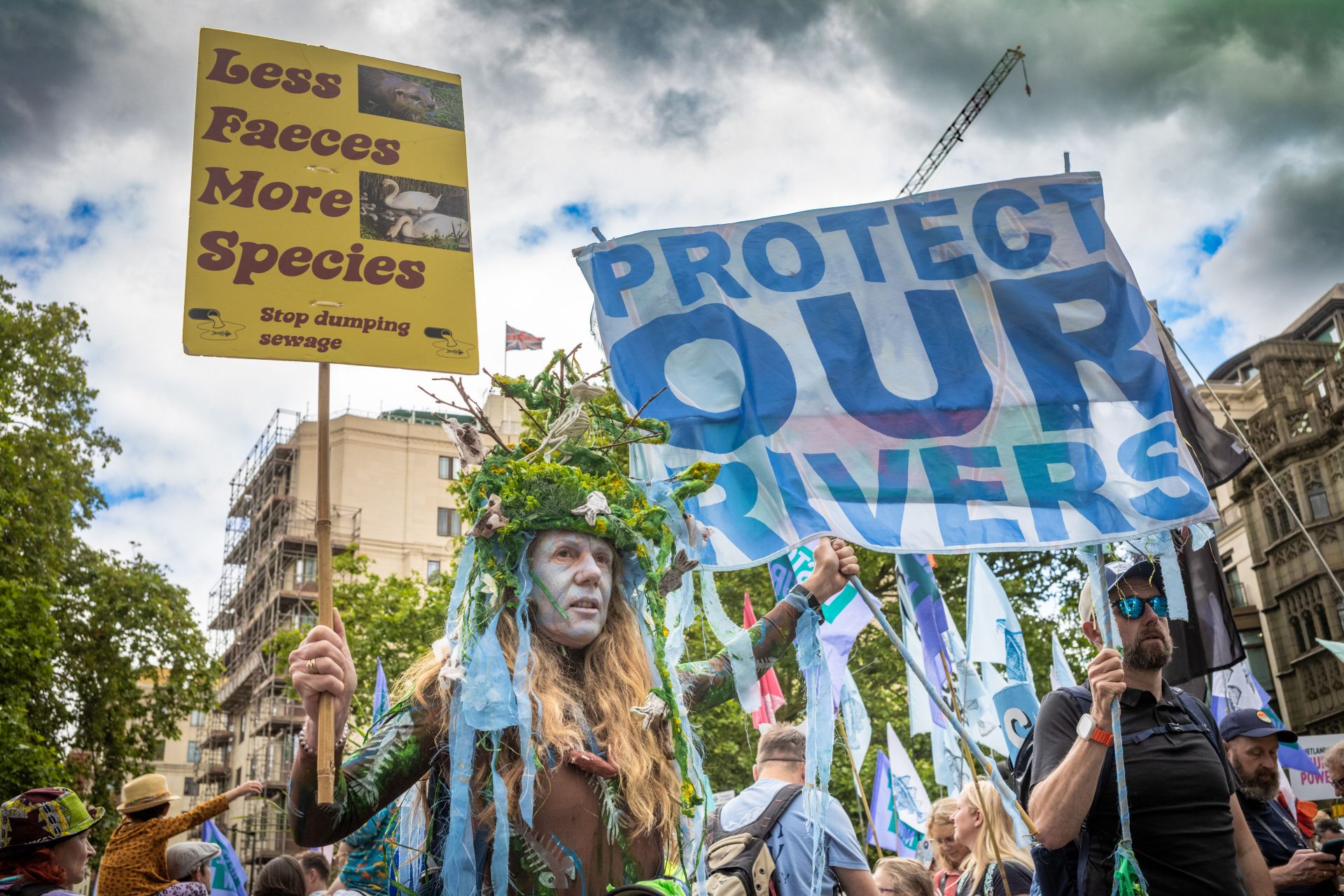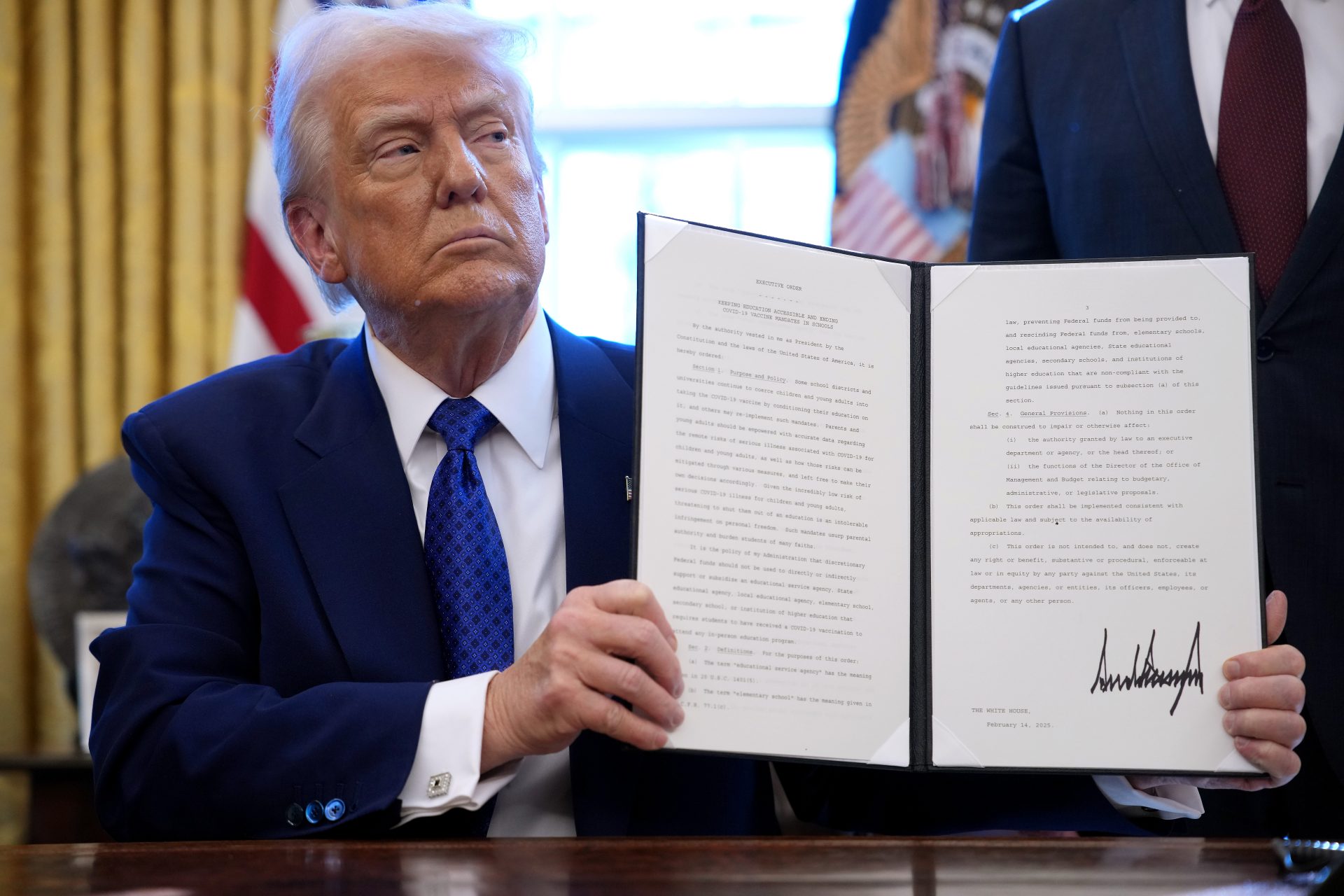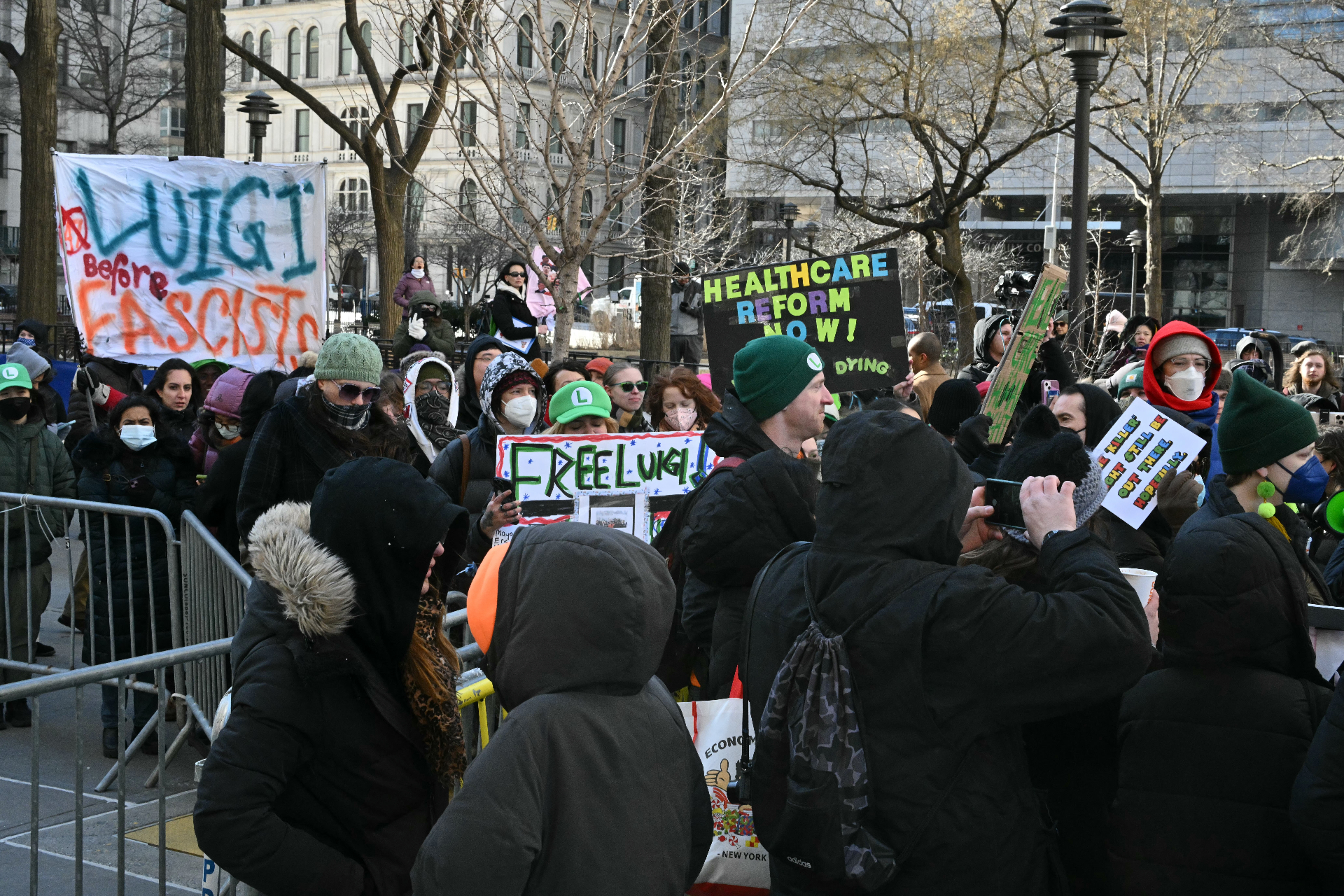Will Britain's first black female Conservative leader swerve hard right?
Kemi Badenoch has won the race for leader of the opposition Conservative party in the UK, beating her rival Robert Jenrick and promising to relegate the party's dire 14-year legacy to the past.
Known for her punchy abrasive style, Badenoch has made it clear that she wants to overhaul the party after its crushing defeat in the July general election.
But there have been few clues as to how she would do this other than her right-wing, anti-woke controversies, and her conclusion that the party lost the election because "it talked right but governed left."
The Tories 14 years in power ended in humiliation with a landslide victory for Labour. Behind the Tory washout was a raft of failures. As The New York Times journalist Mark Lander pointed out, “For many, it has been a circus that now needs to leave town.”
Introducing austerity measures back in 2010, David Cameron’s Tory government promised an initial $9 billion (£6.2 billion) in cuts to welfare and public services to address government debt. These and further cuts were made but, according to the New York Times, government debt is now 40% higher than it was when they took the reigns.
Some experts believe that the economic decline of Britain has been exacerbated by the Brexit referendum in 2016 when the UK voted to leave the European Union (EU), their closest trading partner. Productivity is down by 60% compared to 2010, according to The New York Times, and failed to regain pre-pandemic levels, unlike its western counterparts, such as Germany and the US.
One of the driving forces behind Brexit was immigration with the cry of “take back control of Britain’s borders.” In 2010, net immigration stood at 252,000 but, after the UK’s messy divorce from the EU, the country's net immigration soared, peaking at 764,000 in 2022, according to the Office for National Statistics.
Private investment in Britain fell to an all-time low in the wake of Brexit, with a knock-on effect on productivity. Britain now has the lowest rate of investment among G7 countries, according to the New York Times.
The goods trade has also been badly hit by Brexit, though UK services trade has performed well. According to the Resolution Foundation, quoted by The Guardian, the UK’s goods exports and imports have shrunk by 13.2% and 7.4% since 2019, a worse result than in any other G7 country.
The Conservatives signature policy was tax cuts. But over 14 years of Tory rule, tax on individuals in fact rose significantly, reaching its highest level in 70 years, according to a report on the BBC. Yet corporate tax fell by 9% over the same period, according to the UK’s Institute for Fiscal Studies.
The Guardian quotes the Resolution Foundation’s finding on wages, which observes that, after 14 years of “an almost completely unprecedented” wage stagnation, workers are on average £11,000 a year worse off.
The growing wealth gap is another factor that prompted voters to desert the Conservatives. According to the New Economics Foundation, there are now 165 billionaires in the UK compared to 53 in 2010. Meanwhile, child poverty has tripled, food bank use is up 5,000%, according to The New York Times, and homelessness is up 120%.
The Covid pandemic did not make life easy for the Conservatives. But some of the most loyal Tory supporters were infuriated by parties at Number 10 roundly denied by the then-prime minister Boris Johnson while the rest of the population was in lockdown and unable to visit dying relatives.
The pandemic put huge pressure on the already strained National Health Service (NHS) which has always been a source of pride to Brits. And while the government supposedly ring fenced health when cutting public services, it failed to fund it adequately to meet growing demand.
According to The New York Times, hospital waiting lists are now 210% longer than when the Conservatives came to power. Ongoing doctors strikes for pay rises in line with inflation exacerbated the problem.
Housing is another issue that turned the electorate against the Tories. With no cap on rents and a cut in social housing – according to the NGO Shelter, less than 7,000 social homes were built in 2020 against 28,000 in 1990 – rents have soared 40% on average in the past 14 years, according to The New York Times, and a home cost eight times the average salary in 2021 against four times in 2000.
The budget for public services such as social care, libraries, local infrastructure and waste management was cut by almost 30% by 2019, reports the New York Times. Disability benefits were also cut. Prisons are now overflowing. Funding was cut to rebuild schools the same day tax was cut on champagne, as reported in The Guardian.
In a bid to address the small boats crisis, which accounts for just 2% of the UK’s net immigration, the Conservatives paid £240 million ($306.3 million) to Rwanda in 2023 to take in asylum seekers, with further payments to follow. No refugee was actually sent due to legal challenges to the scheme which the current Labour government has abandoned.
While the British population was reeling from a cost-of-living crisis fueled by the pandemic and the war in Ukraine, Liz Truss took the premiership and sent the economy into freefall. According to the news site Politico, Truss introduced a £45 billion ($57.4 billion) package of unfunded tax cuts, which the markets responded to by sinking the pound, leading to an interest rate hike, and a 2% rise on mortgages.
Britain’s rivers and seas are awash with untreated sewage, as reported on the BBC’s Today program. This is perhaps one of the most stomach-churning results of long-term Conservative rule, aside from the endless scandals and in-fighting. Britain’s water is in the hands of private companies who have failed to keep them feces-free, which many might say just about summed up the Tories' 14 years in power.
More for you
Top Stories



